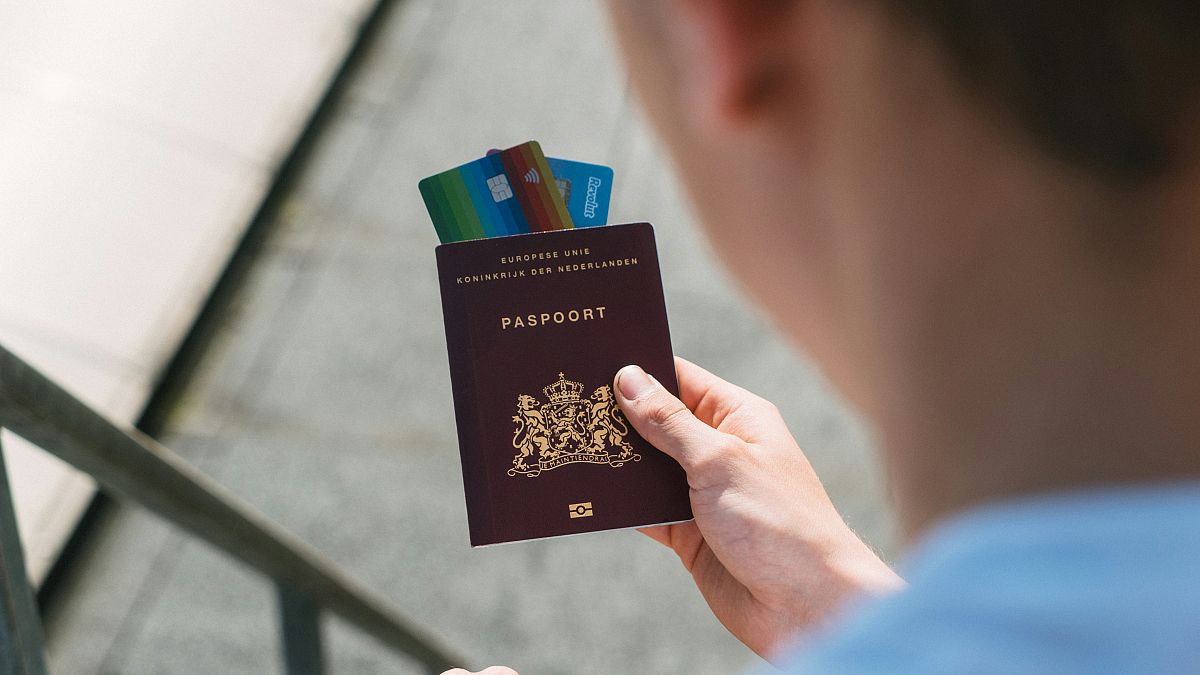As of 31 March this year, Romania and Bulgaria will join the Schengen zone, which allows free movement between member states for 400 million citizens.
The two countries have been members of the European Union (EU) since 2007 but as they were not part of the border-free area, travellers were still required to show passports upon entry.
In 2024, border controls for the two countries will be simplified.
Here’s what travellers to Romania and Bulgaria need to know about the changes.
Do you need a passport to enter Romania and Bulgaria?
When Romania and Bulgaria join the Schengen zone this year, it will be easier for travellers to visit the two countries.
The two interior ministries announced in December that some border checks will be lifted.
Travellers arriving by air or sea from other Schengen zone countries will no longer have to show passports upon arrival. This means passengers on flights, cruises and ferries will not be subject to checks.
If you are driving or arriving by train or bus into Romania and Bulgaria, however, you will still need to carry ID as rules governing land borders have not yet been established. This is due to a veto exercised by Austria.
“A new decision will have to be taken in order to set a date for the lifting of controls at land borders,” the European Council states on its website.
Which European countries can you enter without a passport?
The latest country to join the Schengen zone was Croatia in 2022.
Every year, 1.25 billion trips take place within this area and 3.5 million people cross the borders of its member countries every day.
Not counting Romania and Bulgaria, the Schengen zone comprises 27 states. Twenty-three belong to the EU and four are associated states of the European Free Trade Association: Norway, Iceland, Switzerland and Liechtenstein.
The Schengen Area was created in 1995 following the signing of the Schengen Agreement 10 years earlier between five member states of the European Economic Community: Germany, Belgium, France, Luxembourg and the Netherlands.
Several other agreements followed until the 2007 enlargement, integrating nine additional countries into the free movement area.
Travellers without EU citizenship are advised to remember that stays in Bulgaria and Romania count towards time spent in the Schengen zone, which cannot be longer than 90 days in 180 days.


